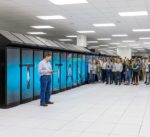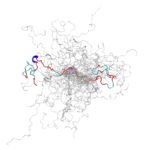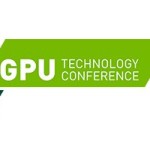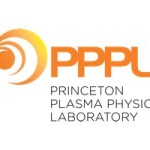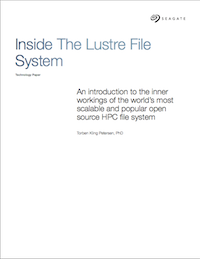In this special guest feature, Coury Turczyn from ORNL tells the untold story of what happens to high end supercomputers like Titan after they have been decommissioned. “Thankfully, it did not include a trip to the landfill. Instead, Titan was carefully removed, trucked across the country to one of the largest IT asset conversion companies in the world, and disassembled for recycling in compliance with the international Responsible Recycling (R2) Standard. This huge undertaking required diligent planning and execution by ORNL, Cray (a Hewlett Packard Enterprise company), and Regency Technologies.”
Supercomputing Structures of Intrinsically Disordered Proteins
Researchers using the Titan supercomputer at ORNL have created the most accurate 3D model yet of an intrinsically disordered protein, revealing the ensemble of its atomic-level structures. The combination of neutron scattering experiments and simulation is very powerful,” Petridis said. “Validation of the simulations by comparison to neutron scattering experiments is essential to have confidence in the simulation results. The validated simulations can then provide detailed information that is not directly obtained by experiments.”
GTC to Feature 90 Sessions on HPC and Supercomputing
Accelerated computing continues to gain momentum. This year the GPU Technology Conference will feature 90 sessions on HPC and Supercomputing. “Sessions will focus on how computational and data science are used to solve traditional HPC problems in healthcare, weather, astronomy, and other domains. GPU developers can also connect with innovators and researchers as they share their groundbreaking work using GPU computing.”
Supercomputing Plant Polymers for Biofuels
A huge barrier in converting cellulose polymers to biofuel lies in removing other biomass polymers that subvert this chemical process. To overcome this hurdle, large-scale computational simulations are picking apart lignin, one of those inhibiting polymers, and its interactions with cellulose and other plant components. The results point toward ways to optimize biofuel production and […]
INCITE Seeking Proposals to Advance Science with Leadership Computing
The DoE INCITE program is now accepting proposals for high-impact, computationally intensive research campaigns in a broad array of science, engineering and computer science domains.
Princeton Plasma Physics Lab Wins 80 Million Processor Hours on Titan Supercomputer
The U.S Department of Energy has awarded a total of 80 million processor hours on Titan supercomputer to an astrophysical project based at the DOE’s Princeton Plasma Physics Laboratory (PPPL). The grants will enable researchers to study the dynamics of magnetic fields in the high-energy density plasmas that lasers create. Such plasmas can closely approximate those that occur in some astrophysical objects.

